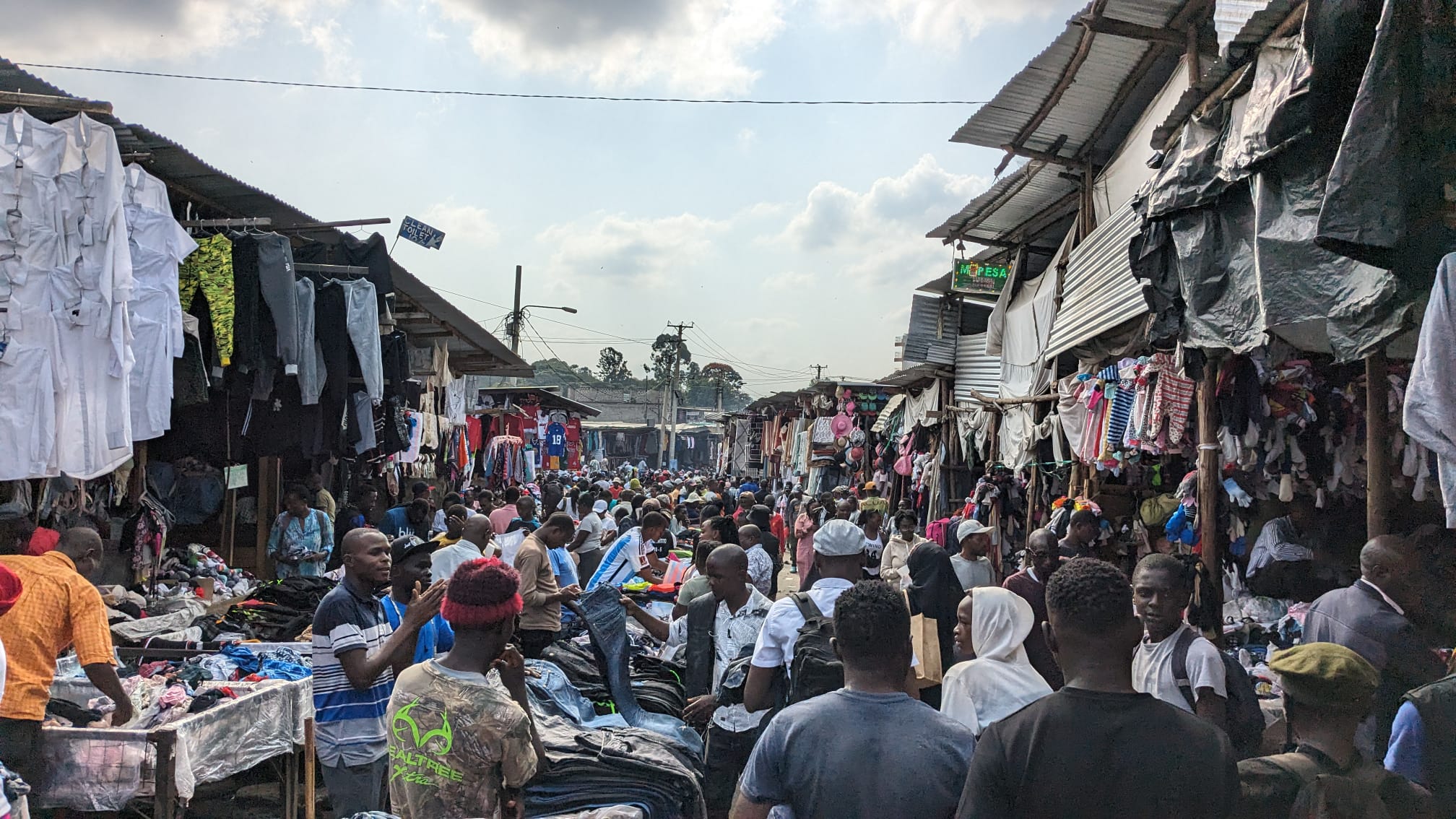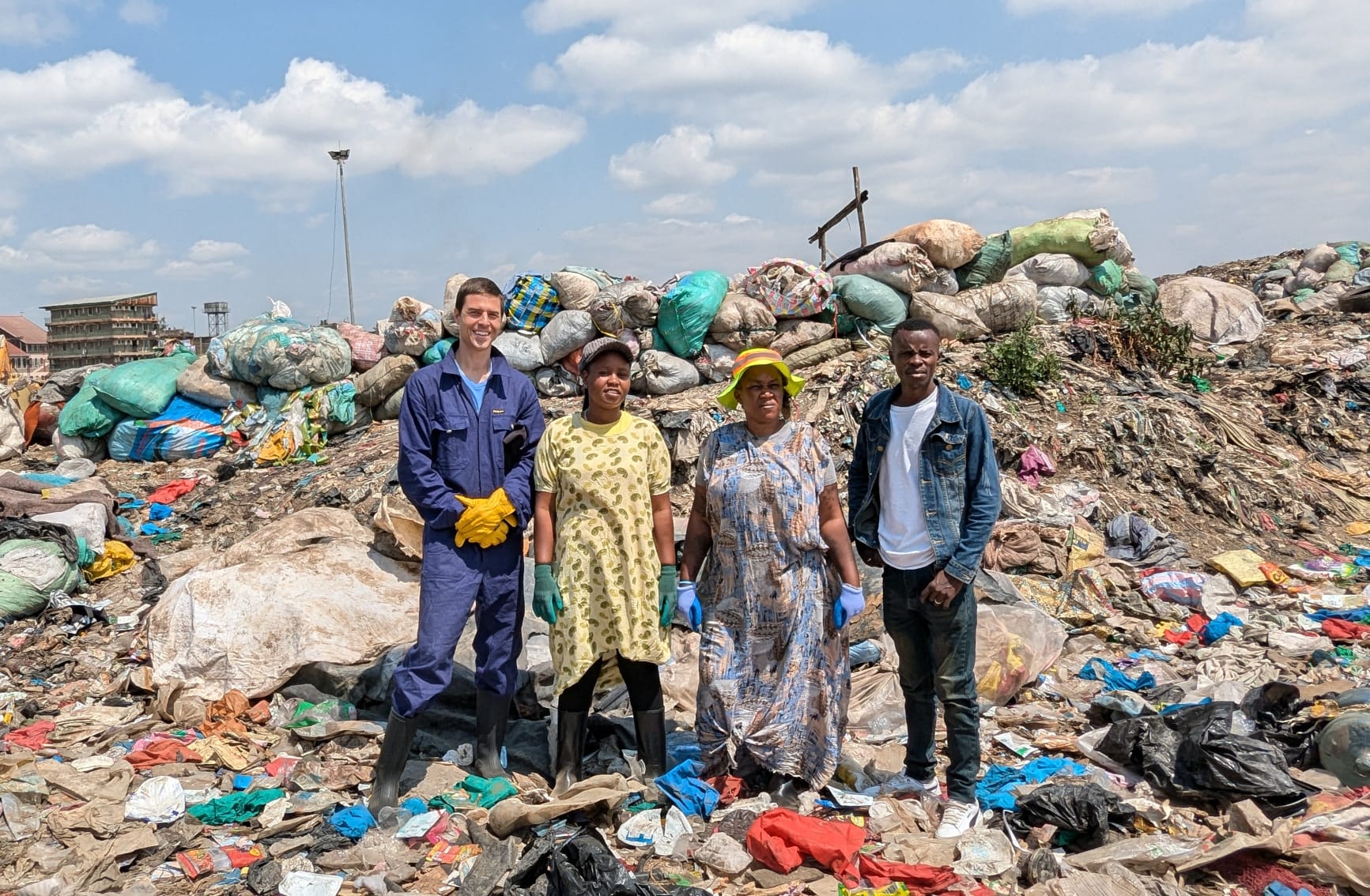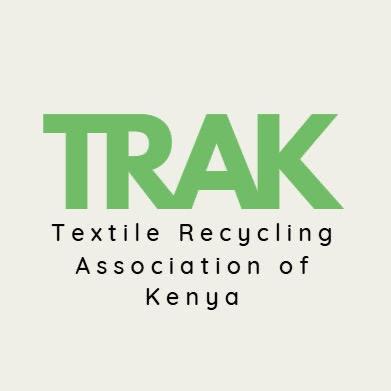TRAK-ing the Change: How One Vision is Weaving a Sustainable Future for Fashion in Kenya
-
Fesheni.Africa
- July 8, 2025
At the heart of Kenya’s growing sustainable fashion movement, one initiative is quietly—and powerfully—reshaping the future of textile waste. Meet Ryan Caplin, an entrepreneur with a passion for the planet and a clear mission: to make fashion in Kenya cleaner, smarter, and circular.
Living in Nairobi, surrounded by natural beauty and vibrant culture, Ryan’s journey into sustainability was sparked by one very common but often overlooked part of daily life: waste. From co-founding a recycling company in the U.S. to piloting waste segregation in Ghana, his journey led him to Dandora dumpsite, one of Nairobi’s largest landfills, where he spent a week working alongside waste pickers. That experience reshaped everything.
“In every country, people live alongside waste. But how we treat it—and how it treats us—is deeply connected to our values,” says Ryan. And in Kenya, where clothing and textile waste pours in by the ton, the issue is both pressing and under-addressed.
Last year, Ryan turned his focus to the fashion industry and the enormous challenge of textile waste. What he found was a network of passionate individuals—designers repurposing old fabrics, startups finding creative ways to reuse textiles, and informal workers recovering second-hand clothes—but there was one thing missing: a central hub to bring it all together.
That’s where TRAK—the Textile Recycling Association of Kenya—was born.
What is TRAK?
TRAK is a growing network of stakeholders across Kenya’s fashion and textile value chain—designers, manufacturers, waste workers, brands, policymakers, and passionate citizens—committed to building a future where textile waste becomes resource, not pollution.
“Our goal is simple,” Ryan explains. “We want to help Kenya become a global leader in textile recycling and circular fashion. We’re not just reacting to the problem—we’re building the solution.”
And the need is urgent. Globally, the fashion industry is responsible for a jaw-dropping 92 million tonnes of waste each year, consumes 79 trillion litres of water, and contributes to 8-10% of global greenhouse gas emissions (Nature, 2020). In Kenya, vast quantities of second-hand clothing arrive every year—some reused, much discarded—clogging dumpsites and waterways. The local garment export industry also adds pre-consumer textile waste into the mix.
TRAK wants to close the loop—by promoting fiber-to-fiber recycling, using waste fabric for insulation or stuffing, and supporting design methods that reduce waste in the first place. In other words, TRAK wants to turn end-of-life garments into the beginning of something new.
Why Kenya Can Lead the Global Movement
Kenya isn’t just another market for second-hand clothing. It’s uniquely positioned to be a gamechanger. As a major recipient of used clothes and home to growing manufacturing hubs, Kenya can leapfrog traditional fashion supply chains and lead in circular, eco-friendly African fashion.
Ryan’s vision isn’t just technical—it’s cultural. “Africa has always created beauty from limitation. What we need now is to harness that creativity to build something scalable and sustainable.”
The Power of Platforms
We believe the future of African fashion is circular, artisan-led, and community-rooted. TRAK represents a critical part of that future. It’s the kind of grassroots innovation that connects the dots between designers, artisans, waste workers, and brands—exactly what Africa needs more of.
By supporting TRAK, as a community, we’re not just reducing waste—we’re creating jobs, protecting culture, and proving that African fashion is not just beautiful, but responsible.
Join the Movement
TRAK is still growing—and your voice matters. Whether you’re a designer using recycled fabric, a business exploring ethical practices, or a policy maker looking for real impact, this is your invitation.
As Ryan puts it: “Let’s turn Kenya from a dumping ground into a global beacon of textile innovation.”






